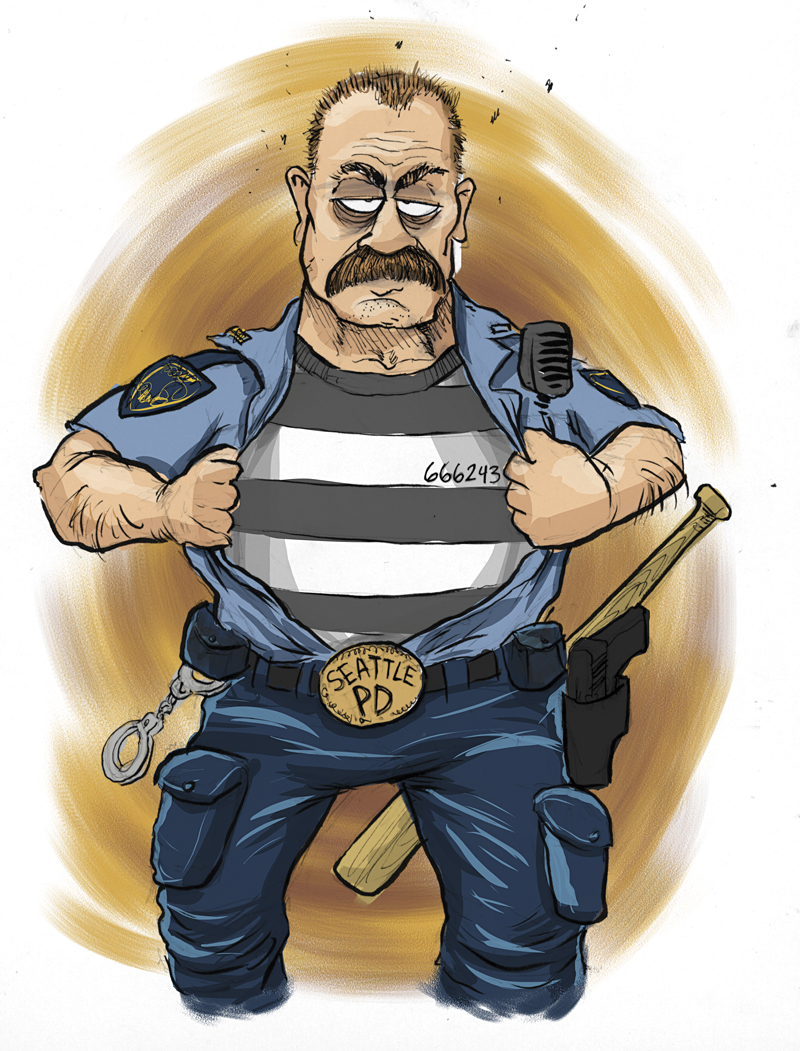Iconic gangster Al Capone ran illegal rackets for years before the federal government finally managed to send him to prison. And in the end, the charge wasn’t murder, arms dealing, or racketeering. It was tax evasion.
Seattle City Councilmember Nick Licata says Capone’s conviction suggests a loophole that could let the city of Seattle tax and regulate medical-marijuana dispensaries, even though they are illegal in the federal government’s eyes.
Licata is sponsoring an ordinance that attempts to take the shreds of the medical-marijuana-reform bill that was mostly vetoed by Gov. Chris Gregoire and turn it into something it was made to do: legalize medical-marijuana dispensaries. This despite the fact that the federal government is cracking down on cannabis dispensaries in eastern Washington and elsewhere in the country.
“Al Capone was sent to prison because he didn’t pay his taxes,” says Licata. “The government never said ‘What you are doing is legal.’ They just said ‘You’re not paying taxes.’ What we’re doing is similar. We’re just trying to avoid a proliferation of marijuana shops everywhere.”
The proposed ordinance shies away from labeling medical marijuana as “legal.” In fact, it goes to great pains to say that a permit from the city doesn’t mean approval from the city.
Instead, as in Capone’s prosecution, the law focuses on taxes, and essentially says that the city won’t ask questions about whether one’s businesses may or may not include dispensing medical marijuana under existing state law, as long as one applies for a business license and pays their percentage.
Not everyone, however, is convinced that the city’s gangster approach will work. Marijuana-rights attorney Doug Hiatt tells Seattle Weekly that with or without stating explicitly whether medical-marijuana dispensaries are legal, the city of Seattle “simply can’t regulate an illegal substance.”
“They are claiming the authority from SB 5073 gives them the ability to regulate medical marijuana,” says Hiatt. “That’s not the case. Nick Licata’s ordinance is well-intentioned, but the city simply doesn’t have the authority.”
Licata obviously disagrees. “First of all, this ordinance would not stop feds from enforcing federal law,” he says. “We don’t know what will happen. I and other councilmembers feel that this is the least we can do.”





